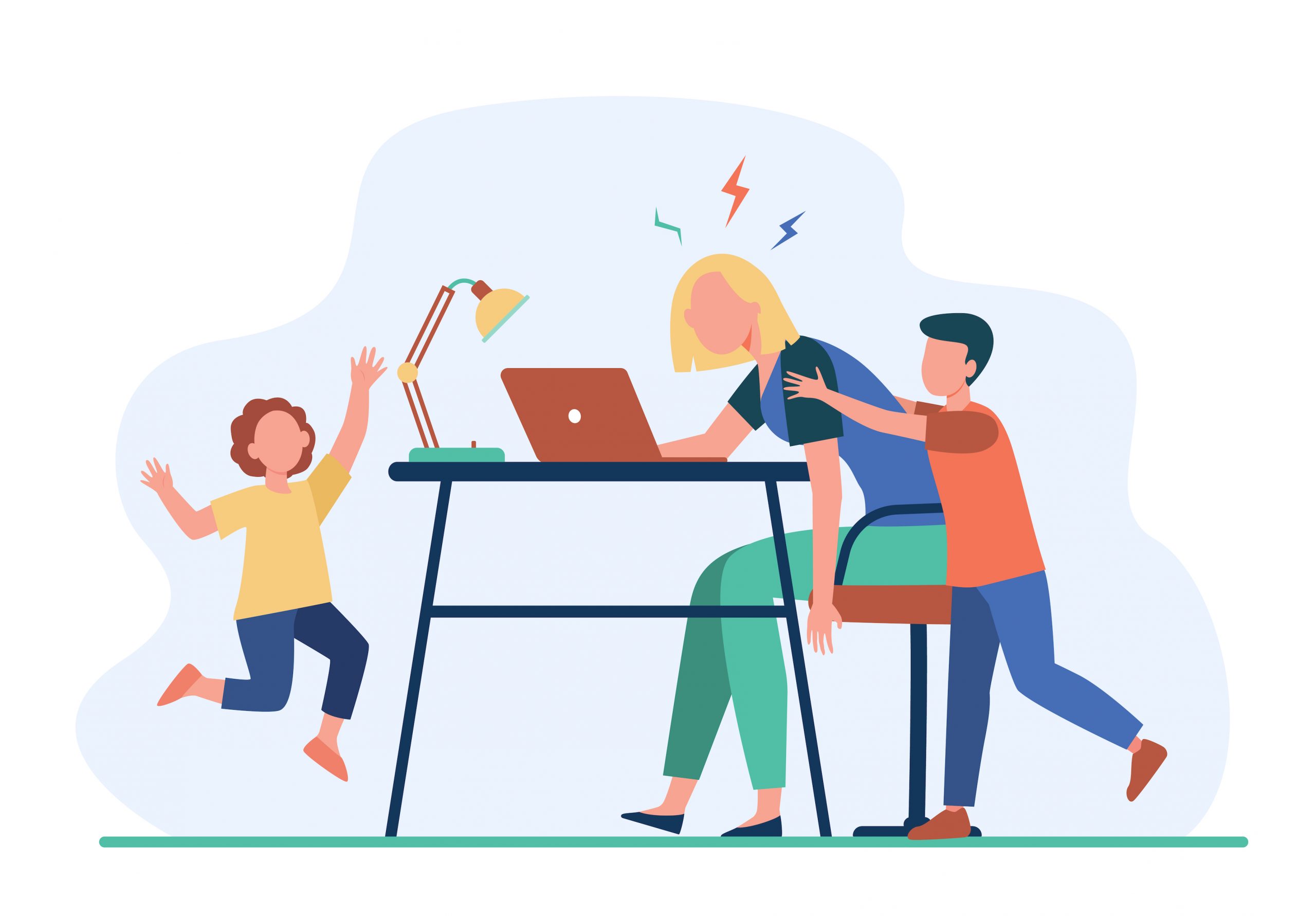 Many of my patients are stressing over—and feeling exhausted by—the same things: uncertainty about travel and social gatherings, trouble focusing and completing tasks, and general burnout, to name a few. We’re all tired, and talking about exhaustion over and over again is, well, exhausting.
Many of my patients are stressing over—and feeling exhausted by—the same things: uncertainty about travel and social gatherings, trouble focusing and completing tasks, and general burnout, to name a few. We’re all tired, and talking about exhaustion over and over again is, well, exhausting.
Despite restrictions being slowly lifted, pandemic fatigue is possibly the most “normal” thing about our current existence. I’m a psychiatrist and I’m feeling it too. Here are some of the reasons why we’re all (still) so tired.
We’re getting used to our new reality—and not in a good way.
Continued fatigue is a typical reaction to prolonged stress (it’s even a stage in a psychological model for stress called General Adaptation Syndrome). Two years into the pandemic, we are way past flight-or-fight mode, which gives us energy. Instead, our reserves are depleted and our body responds with exhaustion.
We feel like we shouldn’t be exhausted.
There’s another reason why not knowing the triggers for our symptoms can make us feel even more taxed: Many of us believe, often incorrectly, that if we just knew the cause of our exhaustion, we could fix it. Without a specific source to point to, we often add an extra layer of shoulds and guilt, judging ourselves for not feeling better—particularly as restrictions continue to lift and things are starting to return to “normal.”
We haven’t had a chance to process what happened.
We may be feeling extra tired because we never had a chance to breathe or heal properly in the first place. We’re still in a (hopefully) once-in-a-lifetime global pandemic, for one, and you can’t fully process stressful or traumatic events while they’re still happening. Plus, because many of us—frontline workers and parents, especially—have been in survival mode, focusing on meeting our basic needs like food and sleep, we haven’t been able to address our emotional well-being.
It’s still hard to plan for the future.
Two years of constantly evolving COVID-19 guidance means many of us remain cautious about actual change and on high alert for more stressors in the future. This fear of the unknown can cause additional (draining) anxiety—since we can’t decide if the threat is less severe, we can’t let down our defenses and finally start to recover.
Some degree of hope and optimism is necessary to persevere, and if you’re struggling to find them, I’m right there with you.
There will be no real return to “normal.”
It isn’t as if all of our daily pandemic stressors will suddenly be gone just because restrictions are lifted. Some of us will continue to work from home or in a hybrid model, by choice or per company policy.
Others of us may be returning to an in-person workplace that’s changed. We may have new environments and protocols to adjust to, putting stress on our already taxed brains.
Simply put, for most of us, going to work won’t be the same as it was pre-2020. And the anticipation of what it may or may not be like can create anxiety, which in turn, yep, causes more fatigue.
How do we stop this endless loop of stress and fatigue?
Acknowledging and validating our feelings can help. Try pausing and asking yourself how you’re feeling, and not judging yourself for your answer. Pausing to feel is an act of self-care that can lighten our emotional load.
Excerpted from “Here’s Why Pandemic Fatigue Is (Still) So Draining” written by Jessica (“Jessi”) Gold, M.D., M.S., an assistant professor in the department of psychiatry at Washington University School of Medicine in St. Louis. Read the full article in Self Magazine.
Source: Self | Here’s Why Pandemic Fatigue Is (Still) So Draining, https://www.self.com/story/reasons-pandemic-fatigue | © 2022 Condé Nast
A screening can help you determine if you or someone you care about should contact a mental health professional. CHC teletherapy services are available now. Call or email our Care Coordinators at 650.688.3625 or careteam@testing.chconline.org to set up a free 30-minute consultation appointment.




